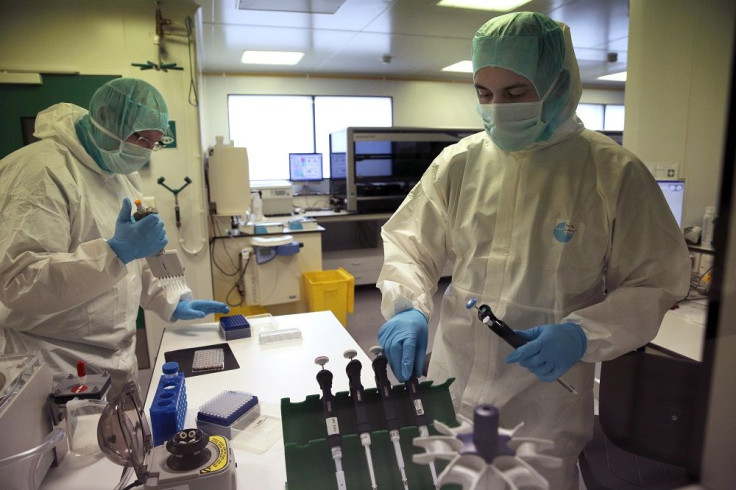Kuwait Requires DNA Registration, Testing On All Local And Foreign Residents

The national parliament of Kuwait has passed a law early July requiring all local and foreign residents to undergo DNA testing. The order covers 1.3 million citizens and 2.9 million foreign residents in an effort to fight and prevent terrorism and violence after the Islamic-state bombing.
The country’s controversial plan, announced at the beginning of July, will get DNA from the permanent residents of the country to be tested and saved in the national database. Failure to comply with the guidelines to submit their DNA for registration and testing could be penalised with up to a year in prison and a fine of up to $33,000, and those who provide a fake sample can be jailed for seven years.
The decision was made after a deadly suicide bombing at a Shiite mosque in Kuwait City on June 26. The tragedy was reported to be led by the ISIS that killed 26 people and hurt 227. The government aims for the law to make crime investigations and arrests faster and easier in the future through establishing a database that will help security officials to test and identify DNA found at crime scenes.
Kuwait Interior Minister Sheikh Mohammed Khaled al-Sabah, in a speech to Kuwait's parliament before the plan was passed, said that the country is in a state of war. "We are in a state of war… yes, we have busted this terror cell but there are other cells we are going to strike," he said.
The government will provide $400 million budget to conduct the law and to set up the national database planned to be functioning by September 2016. Independent MP Jamal al-Omar said that upon the approval of the DNA testing law and its funding, “we [the government] are prepared to approve anything needed to boost security measures in the country."
Currently, countries including the US, UK, Sweden and Australia have already implemented the DNA registration process but inclusive only to people suspected and convicted for crimes. US holds the record of having the largest DNA database, containing DNA from arrested individuals, missing persons and their families, and the deceased.
However, Kuwait’s programme expects opposition from privacy and ethics advocates due to rising privacy concerns of citizens. Kuwait distinguishes itself from other countries that have implemented DNA registration process, as it is the first country to make the process mandatory for all citizens, aside from crime-affiliated persons.
To contact the writer, email: darwinsamuelm.malicdem@gmail.com





















